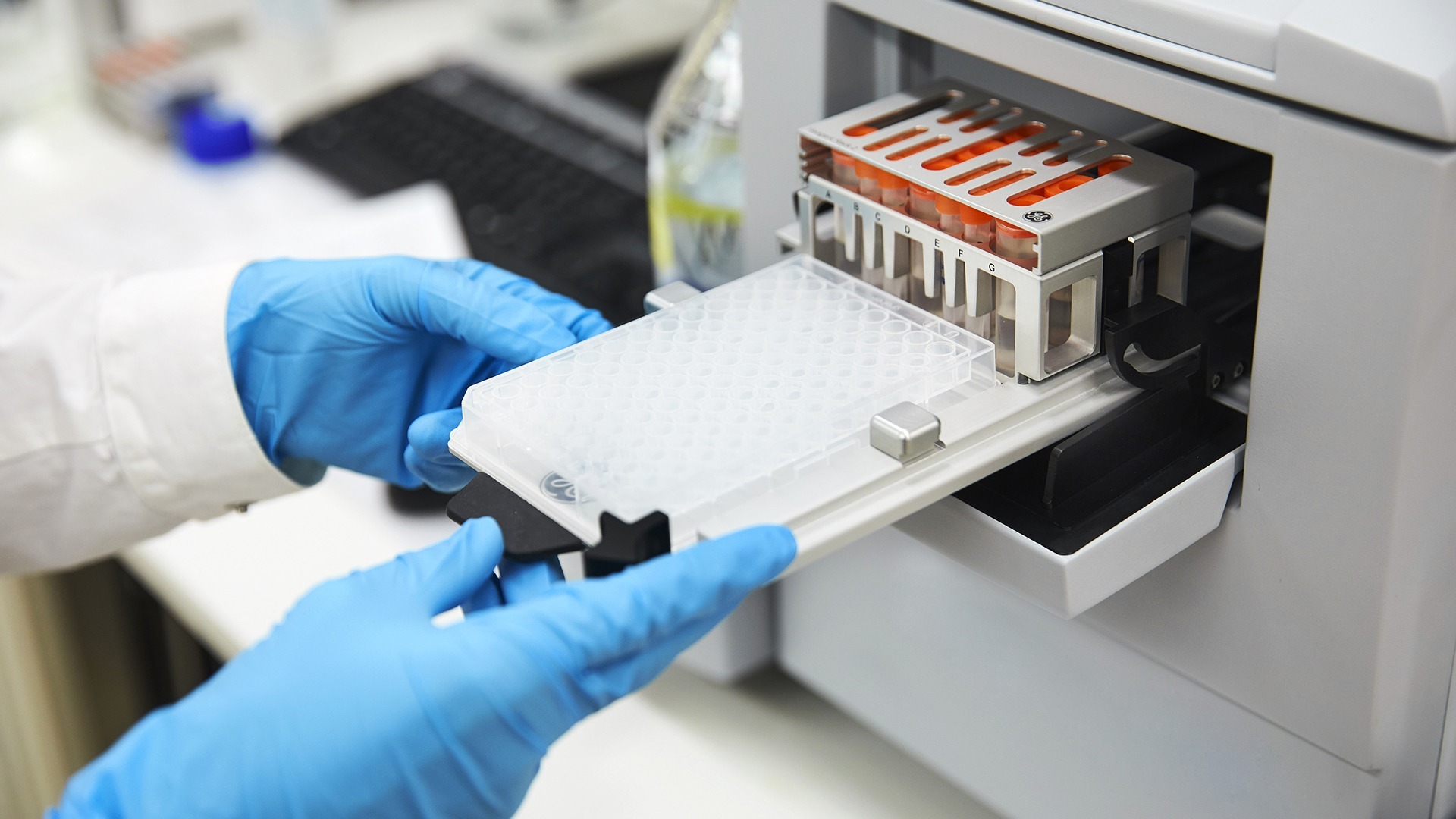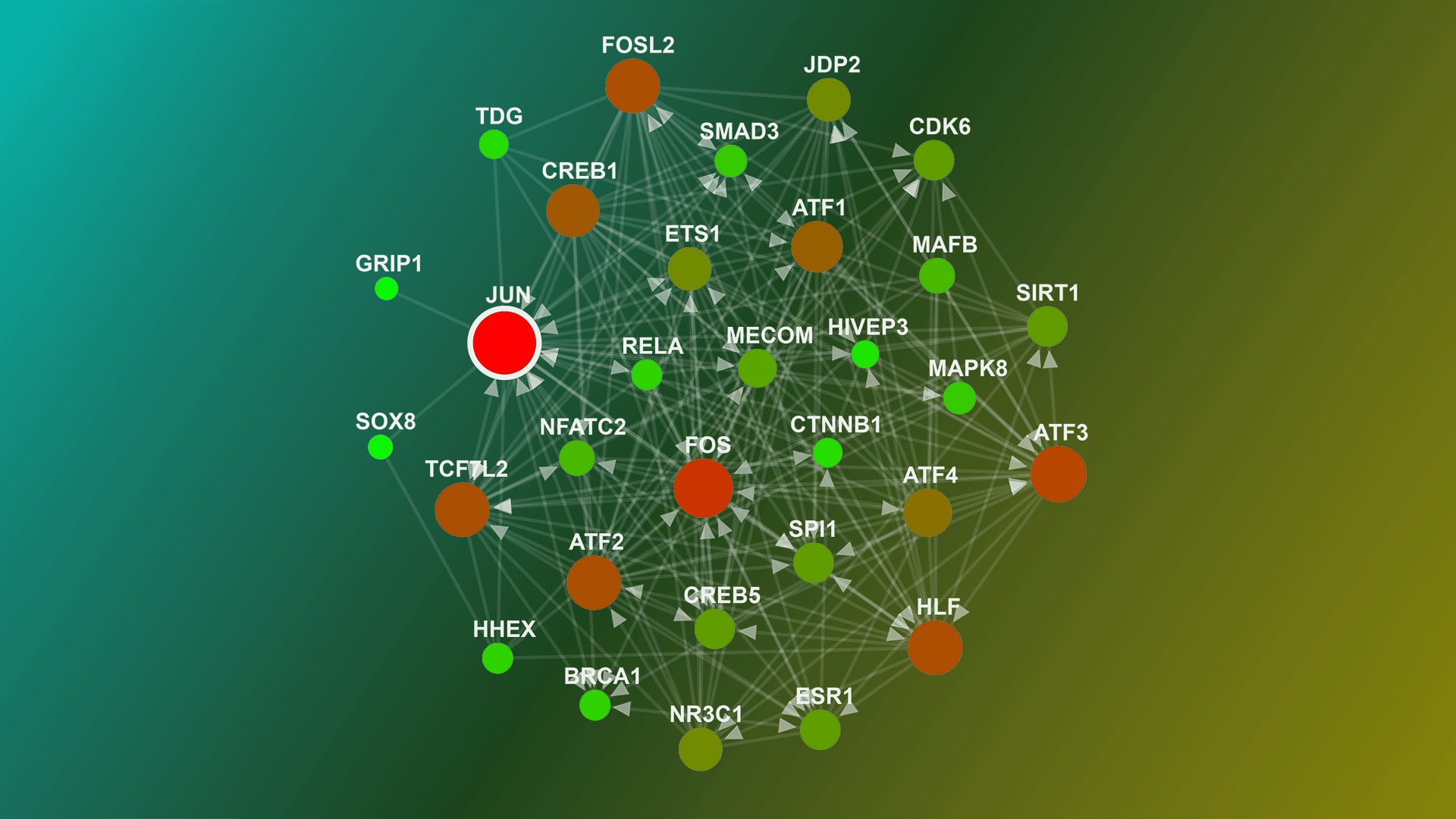KAW donates SEK 3.1 billion to data-driven life science (DDLS) in Sweden
Today, the Knut and Alice Wallenberg Foundation (KAW) announced a 12-year funding initiative of SEK 3.1 billion, to support data-driven life science (DDLS) in Sweden. Acting as the main host of the initiative, SciLifeLab will now have the opportunity to realize several of the strategic objectives set up in the SciLifeLab 10-year Roadmap.
“The DDLS donation represents an enormous support to the Swedish life science community and we are all very thankful to KAW for this major commitment. It is also important that all major universities, and several areas of life science, will be engaged, making this a truly national effort. The close collaboration with WASP and the data scientist community will also be a really exciting opportunity for life scientists”, says SciLifeLab Director Olli Kallioniemi.
“This is a massive, long-term initiative, aimed at placing Sweden among the world-leaders in the field, thereby contributing to a better quality of life for people, animals and nature”, says Peter Wallenberg Jr, Chair of Knut and Alice Wallenberg Foundation, in a press release from KAW.
To provide more information about the donation, SciLifeLab will be organizing a live webinar on October 21. As a participant, you will obtain more information about the implications of DDLS for Swedish life science, and how this initiative brings together universities, SciLifeLab, WCMM, and many other key players in the field.
The amount and complexity of life science data are growing at an exponential rate due to advances in genomics, proteomics, metagenomics, metabolomics and groundbreaking new imaging technologies, to name a few research areas. On the other hand, advances in computation and AI will enable new opportunities to analyze and process such data.
According to the KAW press release, the DDLS initiative will span over 12 years and support 39 group leader positions, 260 PhD postdoc positions, 210 PhD student positions, and 45 “industry-postdoc” positions, along with other support for data analysis and databases. With this funding, and with the challenges in mind, the DDLS program will train the next generation of life scientists, enabling them to better analyze and interpret data patterns and integrate their own data seamlessly with the global life science data streams. DDLS will include recruitment and training from the graduate school level to postdocs and young group leaders. Taken together, this will create the foundation for a world-leading data-driven life science.
“Analyzing, storing and managing research data and making it available is key to every scientist and university. Mining and exploiting the global life science data will be just as important. We will need a new generation of life science investigators, who are comfortable in data analysis as well as in mining existing datasets. We will need intense collaboration with computational, machine learning, data visualization and AI communities”, concludes Olli Kallioniemi.
“As part of its 10-year plan, SciLifeLab has emphasized data-driven life science as a key strategic initiative. It is extremely positive that KAW is now willing to provide major funding for this national effort. We think that this will be critical for Sweden’s ability to stay as a front-line life science nation”, continues Olli Kallioniemi.
The funding from KAW gives priority to four areas of data-driven research:
• cell and molecular biology
• evolution and biodiversity
• precision medicine and diagnostics
• epidemiology and infection biology
SciLifeLab will leverage its national research infrastructure as well as the dynamic research community around it. DDLS also provides an opportunity for all ten participating universities to provide their own unique contributions. The DDLS initiative also extends a collaboration between SciLifeLab and the Wallenberg Centers for Molecular Medicine (WCMM) at the Universities of Gothenburg, Lund, Linköping and Umeå, with an additional SEK 600 million that will be used to extend already ongoing support.
Read the press release from KAW
More about DDLS on scilifelab.se





